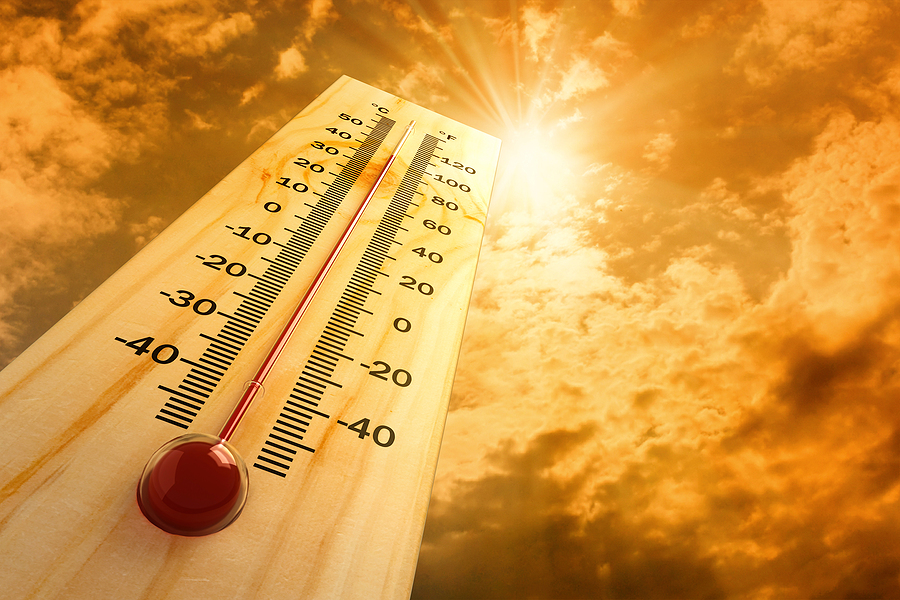As another record-breaking hot summer looms, we need to focus on protecting the people who will be most vulnerable to extreme temperatures, including kids, outdoor workers, older adults, people experiencing housing insecurity, pregnant people, and low-income communities and communities of color. However, there’s one group of Americans who face unique and often overlooked risks to their health and development: babies and young children.
There’s no question that extreme heat is intensifying. Children born in the United States today will experience 35 times more life-threatening extreme heat events than children born 60 years ago. More extreme heat events result in increased emergency room visits for children; heat-related hospital visits for infants have risen by 170 percent since 2012. Already, almost 90 percent of the societal and clinical burden of climate change falls on children under 5 years old. This means that young children worldwide will face the most profound consequences of extreme weather, including heat-related illness.
While young children are at significant risk, babies face worse dangers. Extreme heat conditions significantly affect the health of a pregnancy and can result in premature births, stillbirths and low birth weight. Even after they’re born, babies’ biologies and environmental contexts make them particularly susceptible to high temperatures. Babies have fewer active sweat glands than adults, making it harder for them to cool off; their heart rates are naturally higher, making it harder to compensate for higher temperatures; and their tiny bodies can heat up to three to five times fasterthan adult bodies.
Moreover, extreme heat exposure can cause long-term effects that extend well beyond infancy. Heat stress is found to affect infant growth up to two years of age. Breastfeeding and formula-fed babies can absorb water through their food, but they may be unable to consume enough to counteract the dehydration associated with high temperatures. Prolonged exposure to extreme heat can also affect sleep quality, affecting everything from mental and behavioral health to higher obesity rates later in life.
Babies can’t advocate for themselves; they rely on adults to ensure their safety and well-being. Policymakers play a critical role in protecting infants and promoting their healthy development, but the Trump administration’s and Congress’s environmental and climate protection rollbacks threaten generations to come. A nationwide effort is needed to address the climate crisis and safeguard our collective future.
There are actions we can and should take to mitigate the worst of climate change-driven extreme heat. States can take the lead on transitioning to a clean energy economy by, for example, offering tax incentives to businesses with clean production initiatives. Communities can build or dedicate spaces as resilience centers for vulnerable people to take refuge during periods of extreme heat, as part of their response planning to mobilize resources and reduce the risk of exposure to unsafe temperatures.
Policymakers can ensure that child care providers have the necessary resources to create healthy and safe learning environments. Policymakers can also support broader education initiatives to help parents and caregivers understand and respond to their kids’ needs when temperatures get too high (and air quality consequently suffers) — like swaddling babies more loosely and feeding smaller portions more frequently to combat dehydration. Across the board, we need better data tracking the effects of extreme heat on health if we’re going to take effective action to combat it and direct our efforts where they are needed most.
Our planet is heating up fast, and babies are one of the most vulnerable populations when it comes to the dangers of extreme temperatures. When discussing how to combat climate change, it is essential to center young children in our conversations — and policymakers, practitioners and parents all play a critical role. Children are products of the environments into which they’re born and raised, and families deserve a world where they can be confident their babies’ futures will be safe from the effects of extreme heat.


